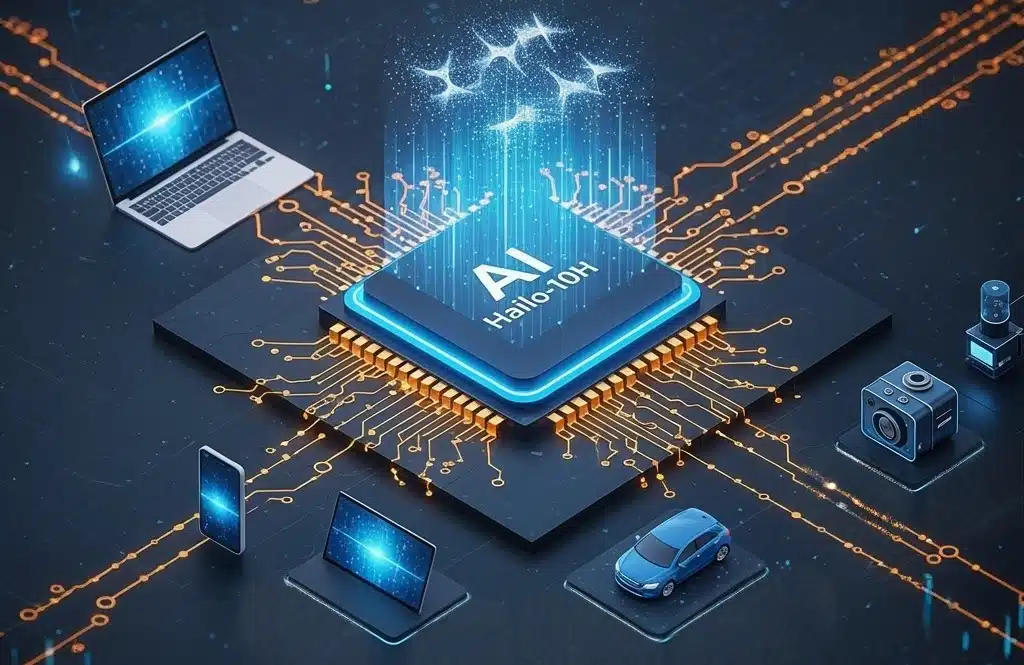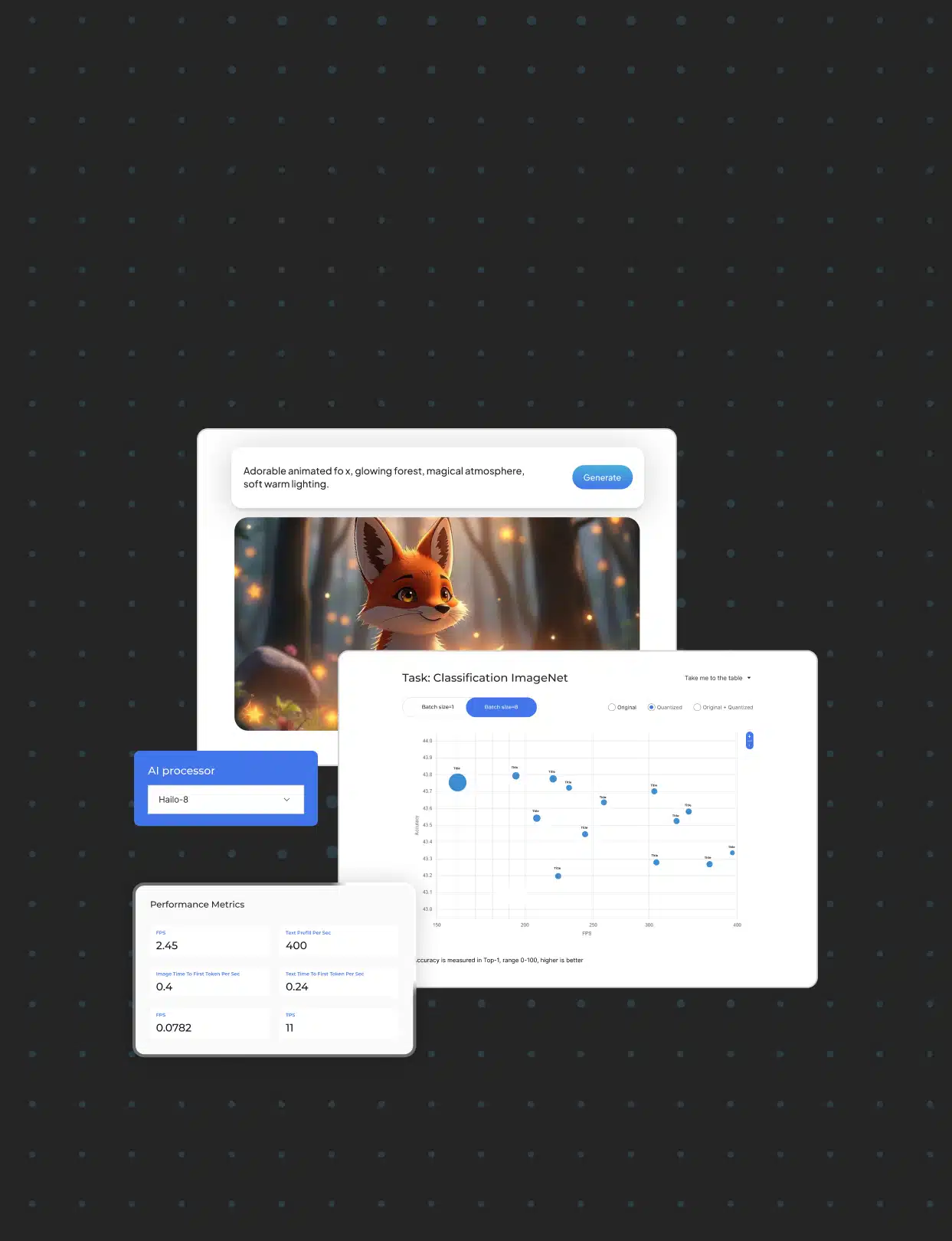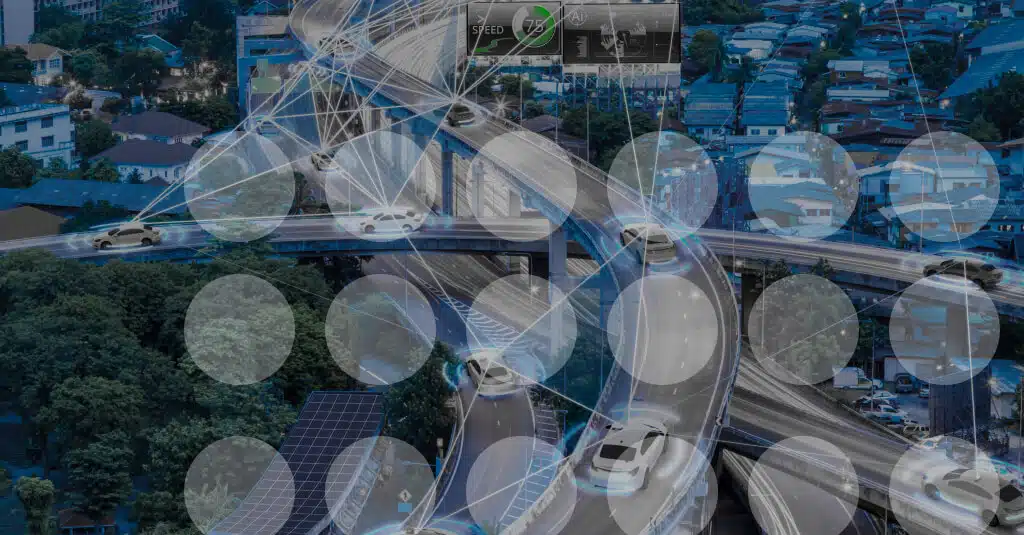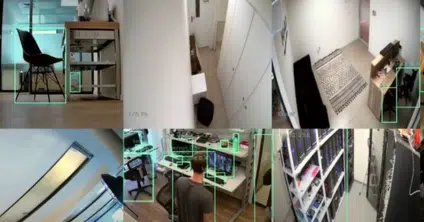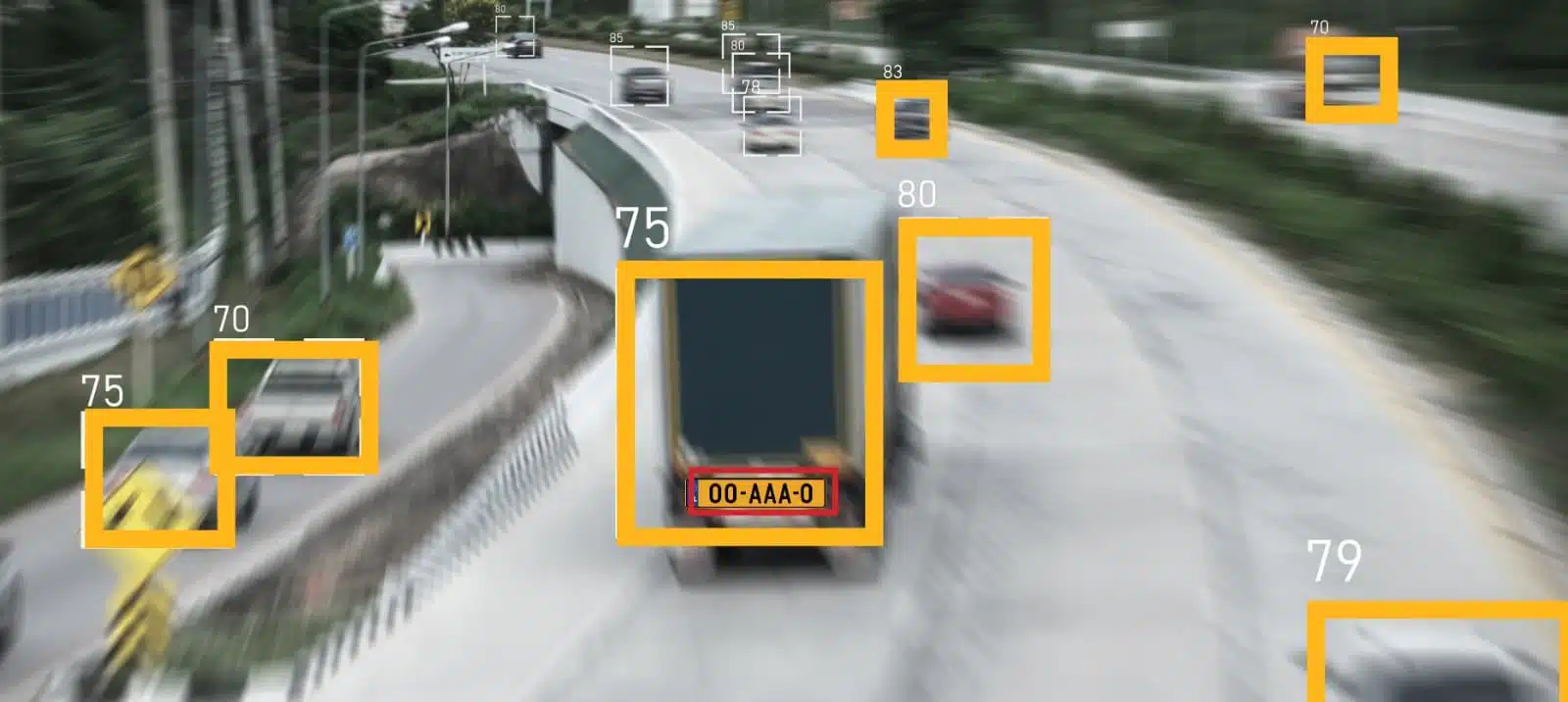AI-Powered
Access Control
The use of smart cameras to grant or prevent access to places such as parking lots, office buildings, commercial and even residential properties is extremely common. Leveraging AI algorithms to analyze the data in real-time to identify and track people or vehicles and compare their identity vs. a database of approved entities is becoming the new standard.
Implementing applications based on neural network models for facial recognition or license plate recognition greatly increases the accuracy of the access control process, preventing delays, congestion, and frustration, while reducing error rate and the need for human intervention.
AI capabilities on the edge, either in the form of a smart camera or in the perimeter management system, improve both safety level and customer experience, by preventing unauthorized entities to enter the perimeter, or by creating a smooth flow of people and vehicles in and out of the area, by reducing the time required to check-in and check-out, and by eliminating the need for manual data entry.

